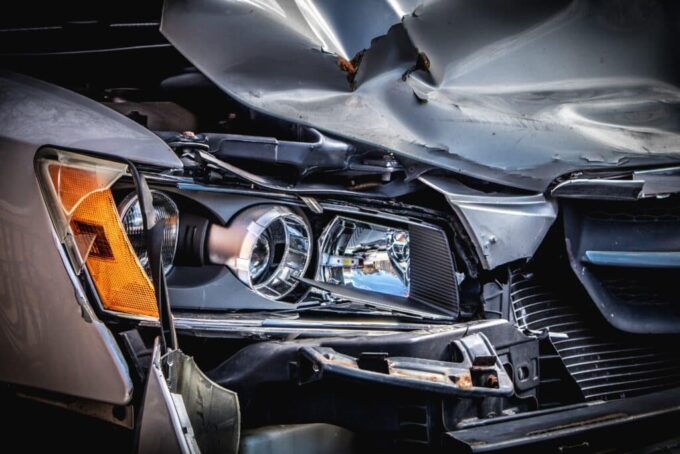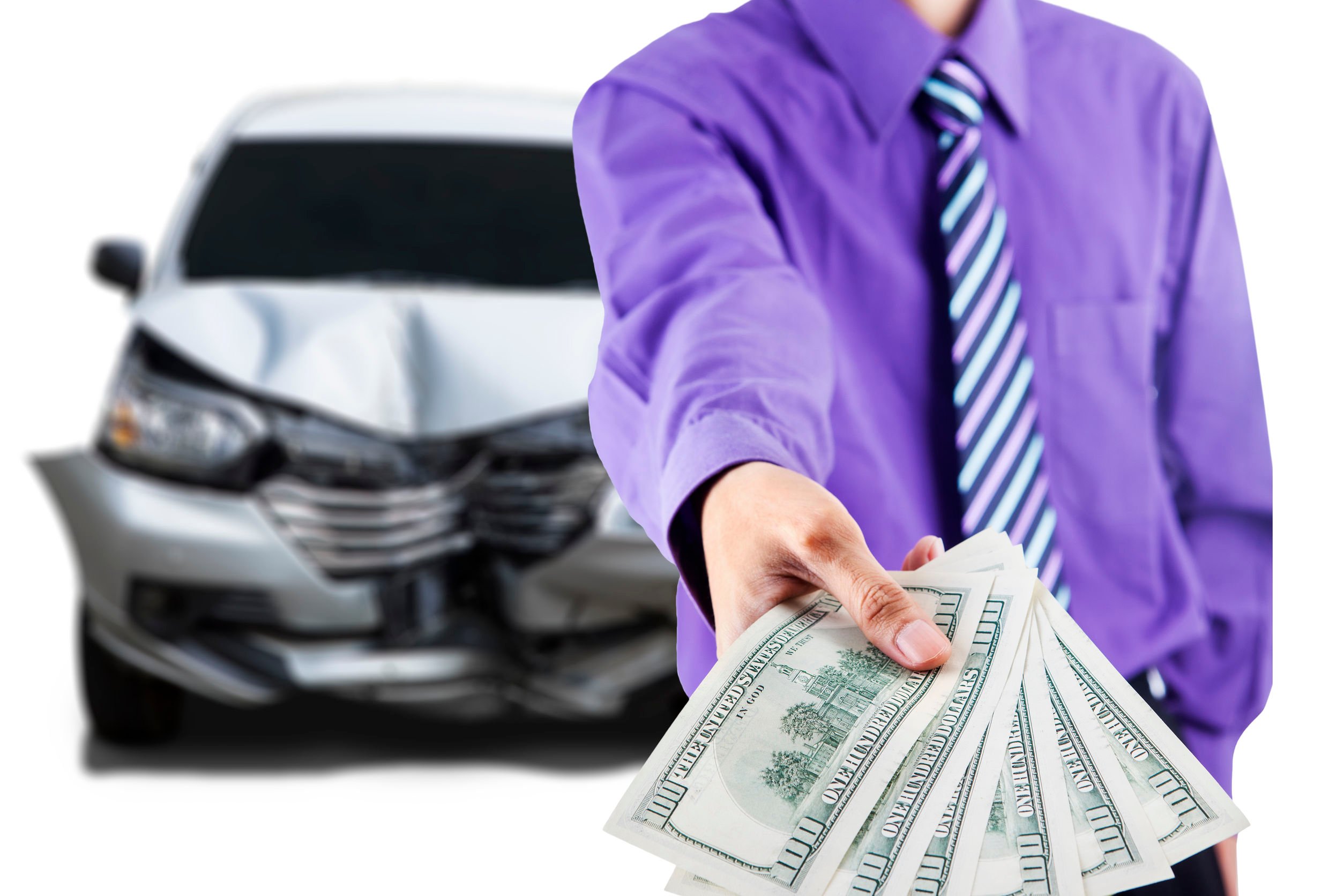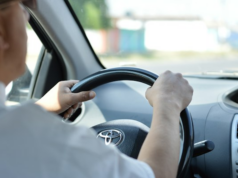Being in a car accident can be physically and emotionally damaging, but if you survive and are in good health, one of your biggest priorities will be minimizing the financial damage. Your car might be destroyed, you may be unable to work, and soon, your medical bills will start piling up.
How do you minimize the financial impact of a car accident?
1. Take Legal Action
According to Matthews Injury Law, it’s important to talk to a lawyer immediately following your car accident. If the car accident wasn’t your fault, you may be entitled to certain forms of compensation. The insurance company of the offending driver may be responsible for compensating you on any or all of the following:
- Property damage. Was your car totaled in the accident? The insurance company may be responsible for providing you with a new one. Was any of your other personal property damaged, such as items you were transporting in the car? You may be entitled to compensation for these as well.
- Medical bills. At-fault drivers are typically responsible for paying any and all medical costs associated with the accident. Their insurance company will compensate you for direct medical bills, the costs of prescription medications, physical therapy sessions, and more. You shouldn’t have to pay anything for the medical treatment you underwent as a result of someone else’s negligence.
- Lost wages. If you’re unable to work because of the accident, you may also be entitled to compensation for your lost wages. In other words, you’ll have access to money you would have made if the accident hadn’t occurred.
- Pain and suffering. In some situations, you’ll also be entitled to damages related to your pain and suffering. This is the negative subjective experience you have as a result of the accident. If you feel pain, humiliation, depression, fear, or anxiety, it can increase the amount of damages you win.

Your lawyer will work with you to help you understand your case, provide you with direction on what to do, and give you advice on how to proceed. Still, there are actions you can take to facilitate more efficient legal action and ultimately increase your compensation.law
- Gather evidence. Gather as much evidence as possible, starting from the initial accident. The more photos, videos, and medical records you were able to provide, the more robust your case is going to be. Your lawyer can advise you on what types of evidence are most important and how to gather it.
- Attend your medical appointments. Attend all your medical appointments, including your follow-up appointments. If you’re having a tough time financially, you may be tempted to skip these appointments so you don’t receive a bill later – but this can cause complications for your case. It’s important to consistently follow all medical advice you receive.
- Be prepared to negotiate. Insurance companies aren’t incentivized to pay out ludicrous sums of money, so you’ll need to be prepared to negotiate if you want full compensation for damages. The negotiation process can be long and complex, but your lawyer will be at your side the entire time.
- Remain patient. Even if you have a strong case, waiting for your settlement can be agonizingly long. It could take months, or even years to get compensation. It’s important for you to remain patient and practice fiscal responsibility in the meantime.
2. Budget Carefully
Even if you’re likely to win compensation for this accident, it’s important to budget carefully during this time. It could be a long time before the money is deposited in your account, so you need to make your money last.

- Reduce unnecessary expenses. Start by reducing any unnecessary expenses in your monthly budget. Are there entertainment subscriptions you can cancel? Can you shop for cheaper food ingredients? Are there some services you can afford to cut entirely? You may need to make some difficult decisions, but every sacrifice you make is going to make your money last longer.
- Increase your income. If you’re currently out of work, the prospect of increasing your income may seem impossible, but there are always ways for you to make extra money on the side. Even if you’re not physically able to work the way you used to, you may be able to work remotely as a digital assistant or complete other odd jobs for cash. Anything you can do to increase your income during this time (without overburdening yourself) can be useful.
- Avoid taking on high-interest debt. Some financial products are designed to help plaintiffs get by until their settlement arrives. However, it’s important to avoid taking on any debt that’s associated with a high interest rate. If you’re struggling to make ends meet, one of the worst things you can do is take out a high-interest loan, since the power of compounding can make your financial future even worse.
3. Before an Accident
If you’re willing to work proactively, there are several strategies that can help you minimize the financial impact of a prospective car accident before the accident ever occurs.

- Invest in a good insurance policy. Choose a good car insurance policy and review that policy carefully. How much coverage does it offer and what are the terms and conditions for this policy? Are you going to be covered in a hit and run accident? What if you’re the responsible party in a conventional accident? The more coverage you have, the less concerned you’ll need to be about money if an accident does occur.
- Protect yourself. When driving, protect yourself and everyone else in your car. Make sure everyone wears a seat belt at all times and verify that your airbags are functioning properly. If there are any advanced safety features in your car, try to take advantage of them when you can.
- Drive defensively. Defensive driving means proactively anticipating potentially dangerous situations on the road, giving you the chance to avoid or minimize an accident even if another driver is at fault. Practice defensive driving by giving other drivers more space, driving slower, and remaining focused on the road.
With these strategies, you’ll be in a much better position to minimize the financial impact of a car accident. This doesn’t have to ruin you, especially if the accident isn’t your fault. Think ahead and act responsibly for best results.










